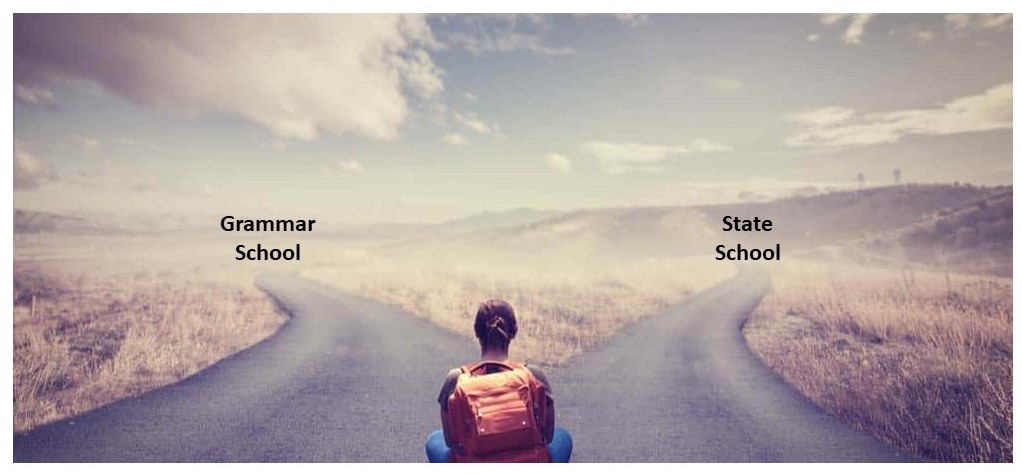

When I read this quote, it instantly intrigued me and put me in a spot. Margaret Mead, who was a very famous Anthropologist quoted 'Children must be taught how to think, not what to think'. Only if we lived in an idealistic world would we think about actually adapting this ideology in our day-to-day life. A thought like this is appropriate, not just when it comes to children, but also when dealing with any other individual. As humans in today's world we are brainwashed into being so opinionated, that we really forget to listen.
As parents, as teachers and as adults dealing with children, we have to constantly remind ourselves to be conscious of what we say. You must have heard this saying "A child's brain is like wet clay, you, can mold it the way you want". It's true that whatever children see, whatever they observe and whatever they are taught, they carry it in their subconscious mind forever. Most of the psychologists agree that more than 90% of the adult issues are deep rooted into childhood. As adults we may not realize it, but the way we are today has been affected by how we grew up and what we learnt when we were young.
Recently I was watching a documentary on Netflix, 'Night Stalker'. Brilliantly made and it was pretty much a detailed version of real incidents. Most of you know about it already and have already watched it. It was about a serial killer, Richard Ramirez. He committed gory crimes about which we dare not think and dare not wish upon anyone. When a writer and a psychologist interviewed him after he was convicted, they found out the reasons why was he such a messed up human - a bad childhood. A bad childhood that led him to take multiple lives and he never really grew out of it. This is just an extreme example and there are thousands more. Children are the future and hence as adults associated with children it's a much greater responsibility than we can imagine.
As parents, I am sure you try to give your children the best education and the best memories. However, for a child to be completely independent in real sense, its important to ensure children can think on their own. Let us think about this; even governments and laws all over the world believe that a person under the age of 18 is immature. Anyone under the age of 18 is treated as juvenile and they are devoid of a lot of rights an adult can practice. Thus, it's an established fact that below the age of 18, a person can be easily influenced and bearing that in mind we can safely assume that till that age a child can be molded into a thinking individual. Whatever we are about to speak about in this blog is valid and applicable for anyone under 18.
The question is how? How can we train children to have a thinking mind and cultivate that decision making capability? What can we do today to develop a future society of consciously high functioning individuals?
Part I: For Parents:
A child always looks up to just two or three individuals when they are growing up. Parents obviously, then they look up to teachers or some famous personality whom they idolize. Parents are a constant, everything else is variable. Most activities made by children are to impress their parents or make them proud, so you can imagine how much you can be an impact on them.
Be approachable: When a child comes up to you with an idea, pay attention and listen to it before negating or criticizing it. Even as teens, when they come up to you talking about their future plans, even if they don't align with what you think, be a good listener. Listen to them, raise questions, show some interest and be inquisitive. This is not only to build the child's confidence, but at the same time, they know that they can come to you with all their ideas, suggestions and problems. It's a win-win situation and you know everything about your child, firsthand.
Share the truth: Often parents try to protect their children by hiding important parts of their life from them. It's completely understandable that most negative thoughts, if not required, should not be imposed on children. However, what's important is sharing your experiences. Instead of directly advising children on what to do and how to do things, it's always a good idea to talk about how you reacted in a situation like that. Let your child see you as a human being, who is rational and has this human side, who makes mistakes. If the child notices that you also make mistakes, but you fight through, this will certainly boost the child's confidence to start thinking. They will be encouraged and motivated to think, act and not be disappointed by failures. They will power through life and march right ahead.
Part II: For Teachers / Educators:
Why do we all have favorite teachers? Why do we have that one school teacher whom we idolize and think that; yes, he/she was just the most perfect individual ever? All the teachers teach, but what makes someone our favorite is how well they connected with our mind and how he/she helped us grow. Immensely huge role is played by a teacher in the way children carry their own perception and self-image throughout their life. I still remember a teacher who rejected me in a debate competition, and the next day she came up to me and said, “I believe you can do it with some practice, will you do it?â€. Her saying 'I believe' was enough for me to run my brain and give me enough boost to become a public speaker. As teachers, you have to be a fair judge. You have to learn and identify every individual child's quality, hype it and boost it enough so that each child believes that 'yes I can do it'. Do not always tell them what they lack, but tell them how they are unique, this frees their mind to think in the right direction and stay motivated.

